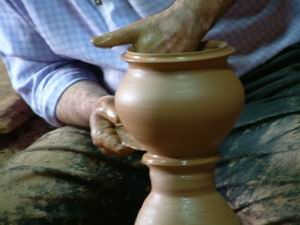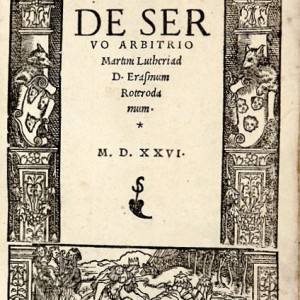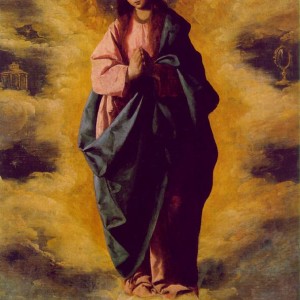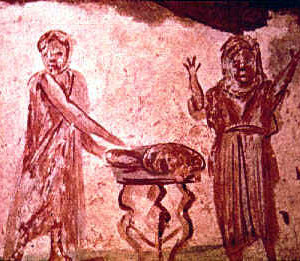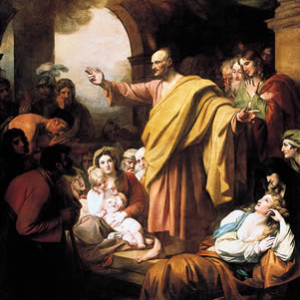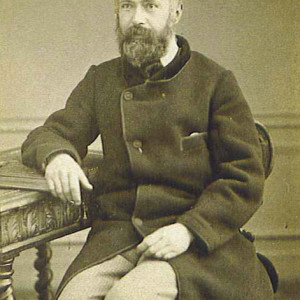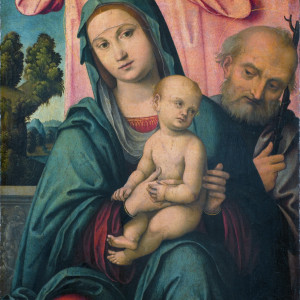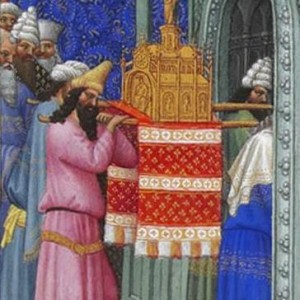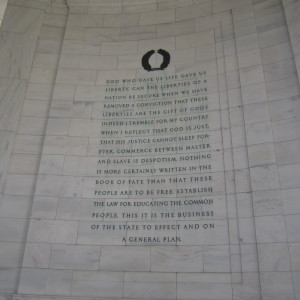In the comments on Friday’s post, a Calvinist convert to Catholicism asked what to make of Romans 9:18-21, which sound like Paul’s saying that God made some people for Heaven, and some people for Hell: You will say to me then, “Why does he still find fault? For who can resist his will?” But who are… Continue reading How Should Catholics Understand Romans 9?
Tag: apologetics
Luther and Calvin v. Augustine and Justin Martyr on Free Will
One of the core tenets of Calvinism is the belief that there’s no such thing as free will, particularly in regards to matters of salvation. What strikes me about this doctrine is that I’m not sure anyone really believes it. I realize that sounds odd, but consider: even those, like Luther and Calvin, who claim… Continue reading Luther and Calvin v. Augustine and Justin Martyr on Free Will
Was the Immaculate Conception Imposed on Catholics in 1854?
Earlier this month, I responded to a number of objections about Mary’s sinlessness raised by a non-denominational reader. That same reader responded, via e-mail. One of his arguments against the Immaculate Conception goes like this: Francisco de Zurbarán,Immaculate Conception (1635) Does it concern you that your statement was based on a dogma, the Immaculate Conception,… Continue reading Was the Immaculate Conception Imposed on Catholics in 1854?
Are All Sins Equally Bad? Are All Saints Equally Good?
Colijn de Coter, Saint Michael Weighing Souls (detail)(16th c.). Protestants typically believe that all sins are equally bad, and all Saints are equally good. For example, a Kansas middle school teacher is in hot water for writing, according to the Huffington Post, that “Being Gay Is ‘The Same As Murder’.” Despite the quotation marks, the teacher didn’t… Continue reading Are All Sins Equally Bad? Are All Saints Equally Good?
Does John 6:63 Refute the Real Presence?
Early Christian depiction of the Eucharist from the C A couple of my Evangelical friends were recently talking with me about John 6 and the Eucharist. If you haven’t read it recently, you should. In it, Jesus states repeatedly, and in no uncertain terms, that He is the Bread of Life, that our eternal salvation… Continue reading Does John 6:63 Refute the Real Presence?
Is the Church Simply the Set of All the Saved?
One of the major differences Catholics and Protestants have is on the nature of the Church. Is the Church a visible entity founded by Jesus Christ, or simply the invisible collection of all of the saved? Bible.ca, for example, includes a series of lessons from Ron Boatwright, who argues that “Only The Saved Are In The Lord’s Church”:… Continue reading Is the Church Simply the Set of All the Saved?
Saint Thérèse of Lisieux’s Parents and Vocational Discernment
Louis Martin, Thérèse’s father I’ve finally gotten around to reading St. Thérèse of Lisieux’s autobiography, The Story of a Soul. It’s a great read, but one of the things that fascinated me was actually from the introduction, which gave some background on Thérèse’s family. Thérèse’s parents were holy, and wanted to give their entire lives to… Continue reading Saint Thérèse of Lisieux’s Parents and Vocational Discernment
Answering Common Objections About Mary
In response to this post on what the Magnificat tells us about Marian veneration, a Protestant reader raised a number of objections that I think other readers may be struggling with: Lorenzo Costa, The Holy Family (c. 1500) “My soul magnifies (exaults) the Lord. And my spirit has rejoiced in God my savior (saved her from… Continue reading Answering Common Objections About Mary
Worshiping with Our Whole Bodies
One of the most beautiful things about Catholic worship, particularly when it’s done well, is that it’s a full-body experience. We smell the incense, we sing Psalms and hymns (and hear these being sung), we listen to the Scriptures and the homily, we see the Sacrifice of the Mass (and the priest’s liturgical gestures are… Continue reading Worshiping with Our Whole Bodies
Thomas Jefferson, Martin Luther King, and the Religion in the Public Square
Carl A. Anderson gave the Address at the National Catholic Prayer Breakfast last month, and spoke eloquently on the place of religion in the public square. He cited to President Kennedy’s 1961 Inaugural Address, in which the president spoke of the rights for which “our forebears fought,” namely “the belief that the rights of man… Continue reading Thomas Jefferson, Martin Luther King, and the Religion in the Public Square
